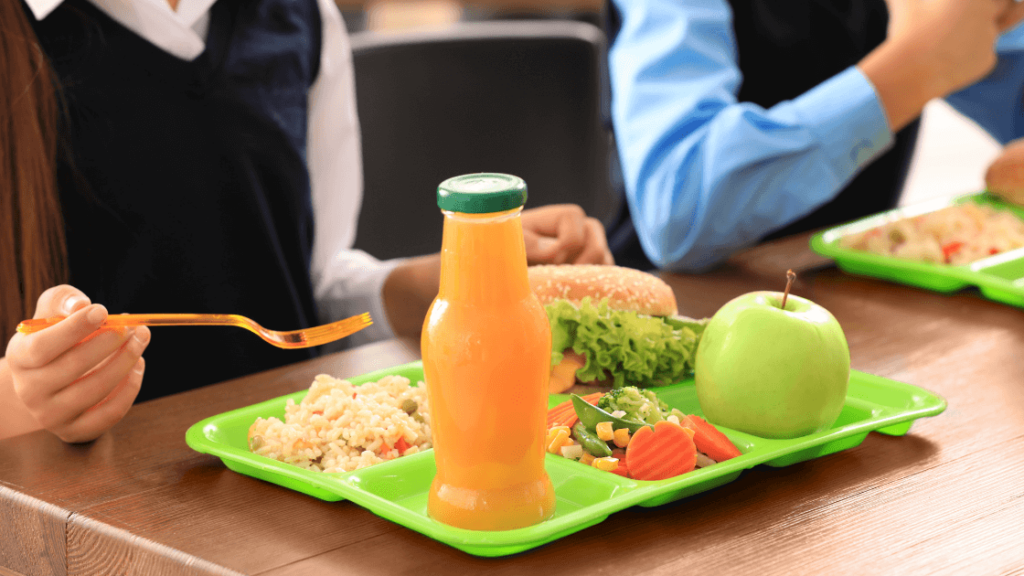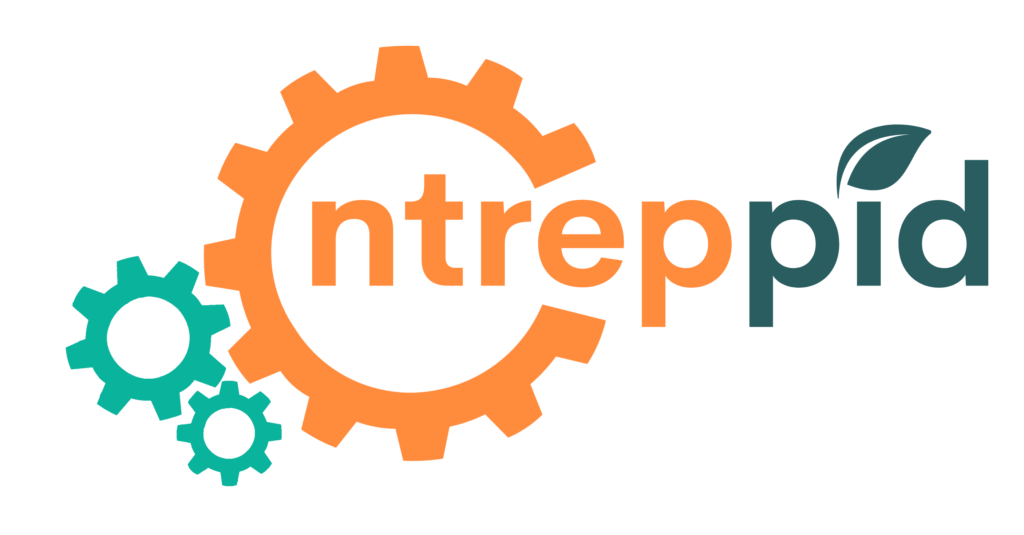Building a Healthy Future: Food & Nutrition Guidelines for Schools in Dubai

Schools play a crucial role in shaping children’s health and well-being. Recognizing this, Dubai Municipality has introduced Food and Nutrition Guidelines to promote healthy eating habits, reduce obesity, and encourage nutrition education in schools. These guidelines ensure students have access to balanced, nutritious meals, fostering an environment that supports their growth and academic success.
Why Healthy Eating Matters
Balanced nutrition is essential for children’s physical, mental, and emotional development. Poor eating habits can lead to:
- Obesity and Overweight: Nearly 34% of children in Dubai face weight-related challenges.
- Diabetes: Increasing cases of Type-2 diabetes are linked to high-sugar diets.
- Nutrient Deficiencies: Issues like anemia hinder cognitive abilities and reduce immunity.
- Chronic Diseases: Early unhealthy habits raise risks for heart disease, diabetes, and cancers in adulthood.
Schools that prioritize healthy meals improve students’ focus, academic performance, and behavior while instilling lifelong healthy habits.
Guidelines for Healthy Eating in Schools
To create a balanced and supportive food environment, the Dubai Municipality’s guidelines recommend the following:
1. Balanced Nutrition
School meals should cover all major food groups to meet children’s daily nutritional needs:
- Grains & Starch: At least 50% should be whole grains, such as brown rice or whole-wheat bread.
- Fruits & Vegetables: Prioritize fresh, whole produce over canned or processed options.
- Meat & Legumes: Focus on lean meats, legumes, and plant-based proteins instead of fried or processed meats.
- Milk & Dairy: Low-fat dairy products are recommended for calcium and Vitamin D.
- Nuts & Oils: Use healthy fats from nuts, seeds, and plant oils, avoiding trans and saturated fats.
- Water & Fluids: Encourage water and fresh juices over sugary or carbonated drinks.
2. Restricted Foods
To minimize health risks, schools should limit the availability of:
- High-calorie, nutrient-poor snacks like chips, chocolates, and candies.
- Foods and drinks high in sugar, salt, and saturated fats.
3. Nutrition Education
Incorporate practical lessons on nutrition into the curriculum to empower students to make informed choices.
4. Stakeholder Collaboration
Parents, educators, and food suppliers must work together to promote healthier eating habits at school and home.
The Long-Term Impact of a Healthy Food Culture
By actively implementing the Food and Nutrition Guidelines, schools create ripple effects that extend beyond their premises, influencing families and communities. The integration of balanced nutrition into school culture not only enhances academic success but also instills lifelong habits that contribute to societal well-being.
Entreppid: Empowering Schools to Meet Nutrition Goals
Entreppid Software supports schools in implementing Dubai’s Food and Nutrition Guidelines with advanced tools for meal planning and compliance. Features like allergen filtering, digital menu management, and nutritional analysis simplify creating balanced meals tailored to students’ needs.
By aligning with these standards, schools can transform their canteens into hubs of health and learning. With Entreppid’s innovative solutions, providing safe, nutritious meals becomes seamless, ensuring every child has the foundation for a healthy, successful future.
Let’s build a healthier tomorrow, one school meal at a time!


